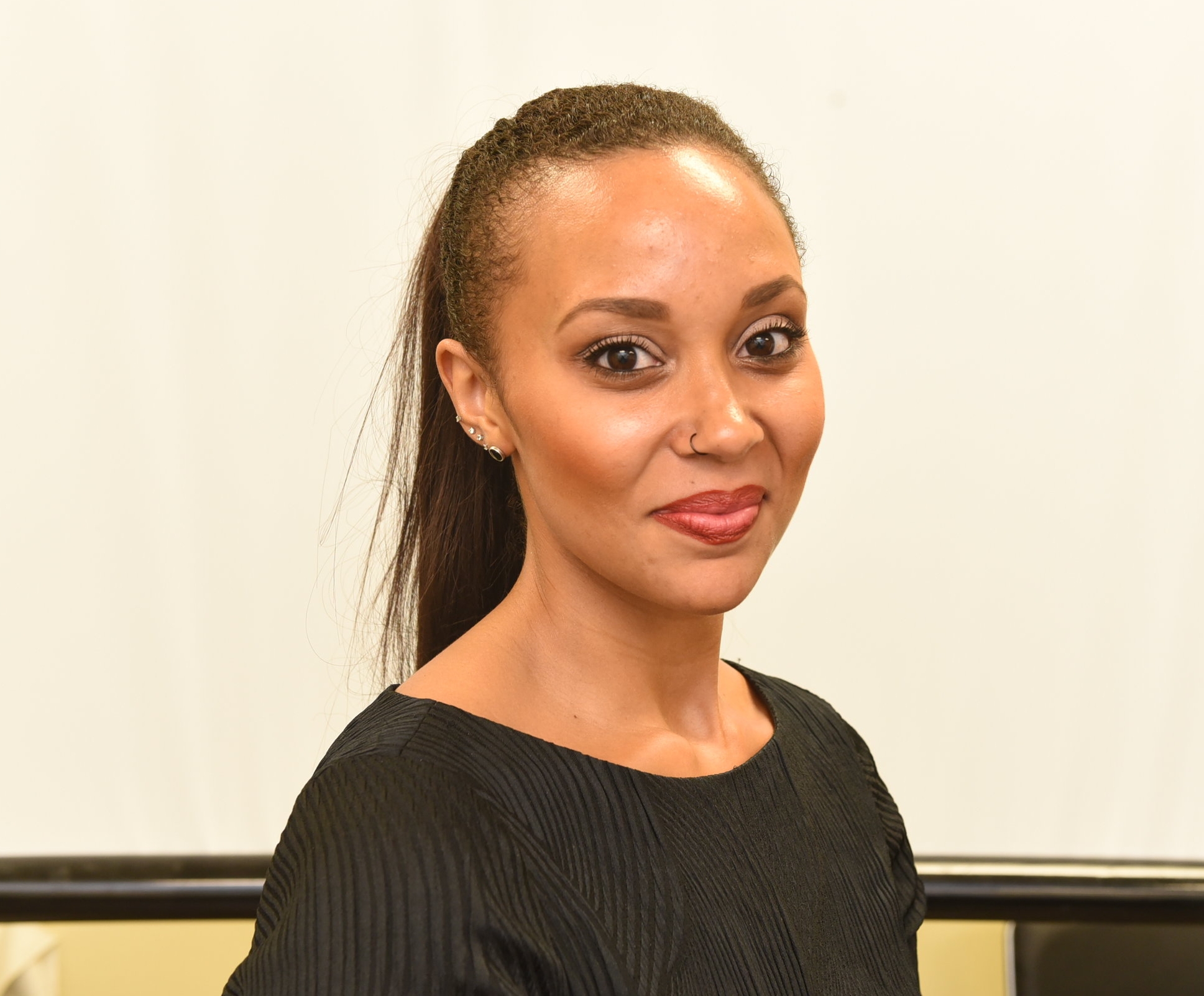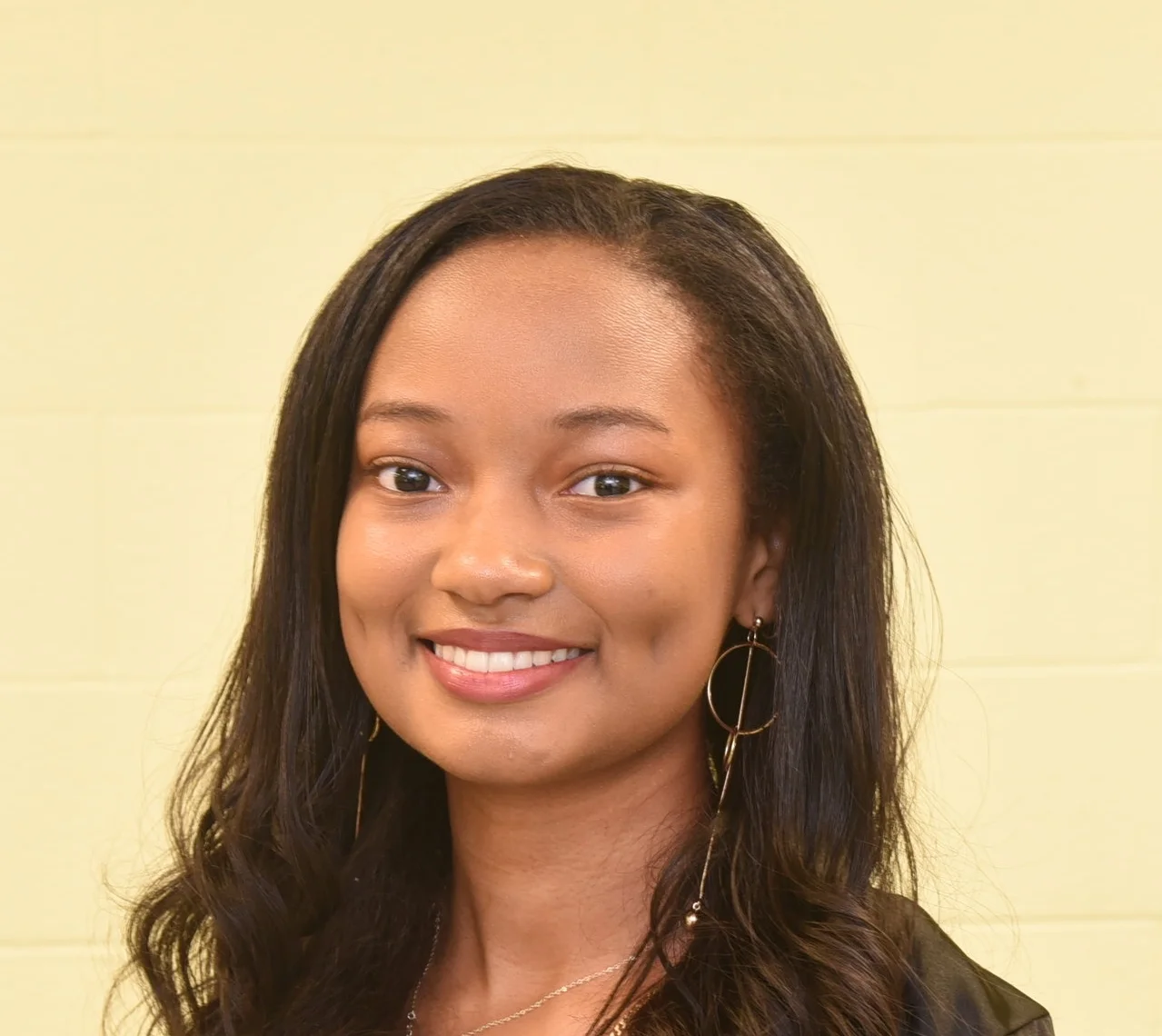Tyra Lewis is on the way to significantly contributing to science
November 30, 2020
Unable to return home for the summer because of the COVID-19 pandemic, international pupil Tyra Lewis made the most of her time in the Greater Toronto Area.
The Trent University first-year Master of Science student won a Canadian Society of Chemistry poster prize awarded to participants in last July’s inaugural Global Inorganic Discussion Weekdays virtual competition.
Organized by the Chemical Institute of Canada, the two-day twitter symposium brought together 166 students from universities around the world.
The title of Lewis’ winning poster was ‘How do metal ions affect the ability of a flavonoid to quench the Superoxide Anion Radical?’
“The Superoxide Anion Radical is a reaction in the body that contributes to different pathological diseases like cancer and diabetes,” she said. “Flavanoid basically combats the reactions to diminish the effect that the anion radical would induce in the body. I was looking at the mechanism behind these reactions using electrochemistry that is a technique that monitors the electron transfer reactions.”
Lewis’ poster was based on research finished during her fourth-year undergraduate thesis course supervised by Dr. Sanela Martic who is an Assistant Professor in Forensic Sciences at Trent University.
The research in the Martic network is at the interface of Chemistry and Biology with applications in Forensic, Environmental, Life and Biomedical Sciences.
“I started working with Dr. Martic in 2019 just before I began my undergraduate thesis,” said Lewis who graduated earlier this year with a Bachelor of Science in Forensic Science and is pursuing a graduate degree in Environmental & Life Sciences. “She provided me with so many opportunities, including networking that have allowed me to build my confidence and resume. It’s a challenge for international students to get scholarships in Canada, but she has guided me through that process.”
Since joining the lab, she has attended four virtual and three in-person conferences, presented posters, co-published a per-reviewed paper and captured two academic prizes.
“Tyra is a critical thinker who is analytical, creative, hardworking, committed and open to new directions,” said Martic. “She’s also a team player who thinks about design of experimental work. I think she will follow up with a PhD and a postdoctoral fellowship and I can certainly see her as an academic faculty or research scientist in industry or government. She will significantly contribute to science during her career.”
Two years before completing high school in Tortola in the British Virgin Islands (BVI), students get the opportunity to select a field of study they want to focus on as a possible career.
“I didn’t feel like I would be interested in Business or Languages,” Lewis said. “I wanted to go into Science because I felt I could have an impact in that field. As one of the top students in my classes over the years, I was advised that I should pursue the Sciences and perhaps become a medical doctor.”
The two options for tertiary institutions in the BVI, the H. Lavity Stoutt Community College and a branch of the University of the West Indies, don’t offer Forensic Sciences.
“What I knew was that I didn’t want to go to the United States, so Canada was the other option,” she said.
Tyra Lewis is pursuing a Master of Science at Trent University (Photo contributed)
Before attending high school, Lewis aspired to be a police officer.
“When I got into Science, I still wanted to do something in the area of law,” she said. “As I did my research, I discovered Forensic Science which is a perfect mix of Science and aspects of Law.”
Lewis, who was a student intern with the Royal Virgin Islands Police for two months in the summer of 2019, chose Trent over Laurentian University.
With its outstanding faculty, access to cutting-edge labs and technology and a true-to-life crime scene house, Trent’s Forensic Science program combines theory and practice that provides students the confidence and skills to excel in this fascinating field.
“Trent’s program is very hands-on and I thought it offered a lot for me to grow in the field,” she noted. “There’s such a wide variety of courses in the program and the university caters to international students from around the world.”
Making the President’s List in her graduating year in 2020, Lewis has enjoyed the four years in Canada.
“Getting used to the weather is something else, but I have really relished my time,” said the former Student Research Laboratory Assistant whose Master’s thesis is focused on developing, in conjunction with an industry partner, a tool to detect coronavirus.
Enrolled in the BVI Dance School at age six, Lewis is a member of the Trent Recreational Dance Team, the university’s African & Caribbean Student Union and the Rotaract Club of Peterborough.
Returning home to contribute with the experience and skills acquired in Canada is a priority for Lewis who completes her graduate degree in 2022.
“There’s definitely a need for forensic chemists in the BVI,” the younger of two siblings said. “But after completing my Master’s, I will try to get more experience here before I make that move.”







